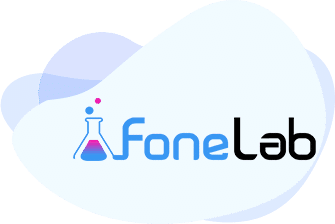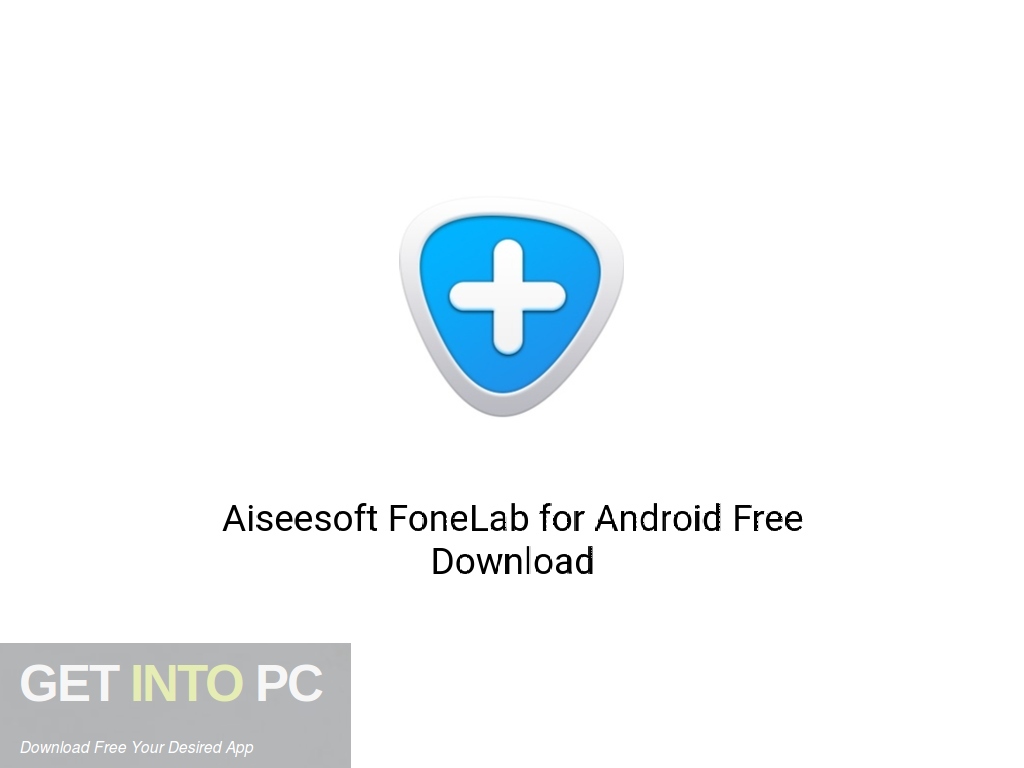

There are hundreds of thousands of wikis in use, both public and private, including wikis functioning as knowledge management resources, note-taking tools, community websites, and intranets. Other rules may be imposed to organize content. Others may permit access without enforcing access control. Some permit control over different functions (levels of access) for example, editing rights may permit changing, adding, or removing material. Some wiki engines are free and open-source, whereas others are proprietary. There are dozens of different wiki engines in use, both standalone and part of other software, such as bug tracking systems. Wiki engines usually allow content to be written using a simplified markup language and sometimes edited with the help of a rich-text editor.

A wiki engine, being a form of a content management system, differs from other web-based systems such as blog software, in that the content is created without any defined owner or leader, and wikis have little inherent structure, allowing structure to emerge according to the needs of the users.

Wikis are enabled by wiki software, otherwise known as wiki engines. A typical wiki contains multiple pages for the subjects or scope of the project, and could be either open to the public or limited to use within an organization for maintaining its internal knowledge base. Editing display showing MediaWiki markup languageĪ wiki ( / ˈ w ɪ k i/ ( listen) WIK-ee) is an online hypertext publication collaboratively edited and managed by its own audience, using a web browser.


 0 kommentar(er)
0 kommentar(er)
